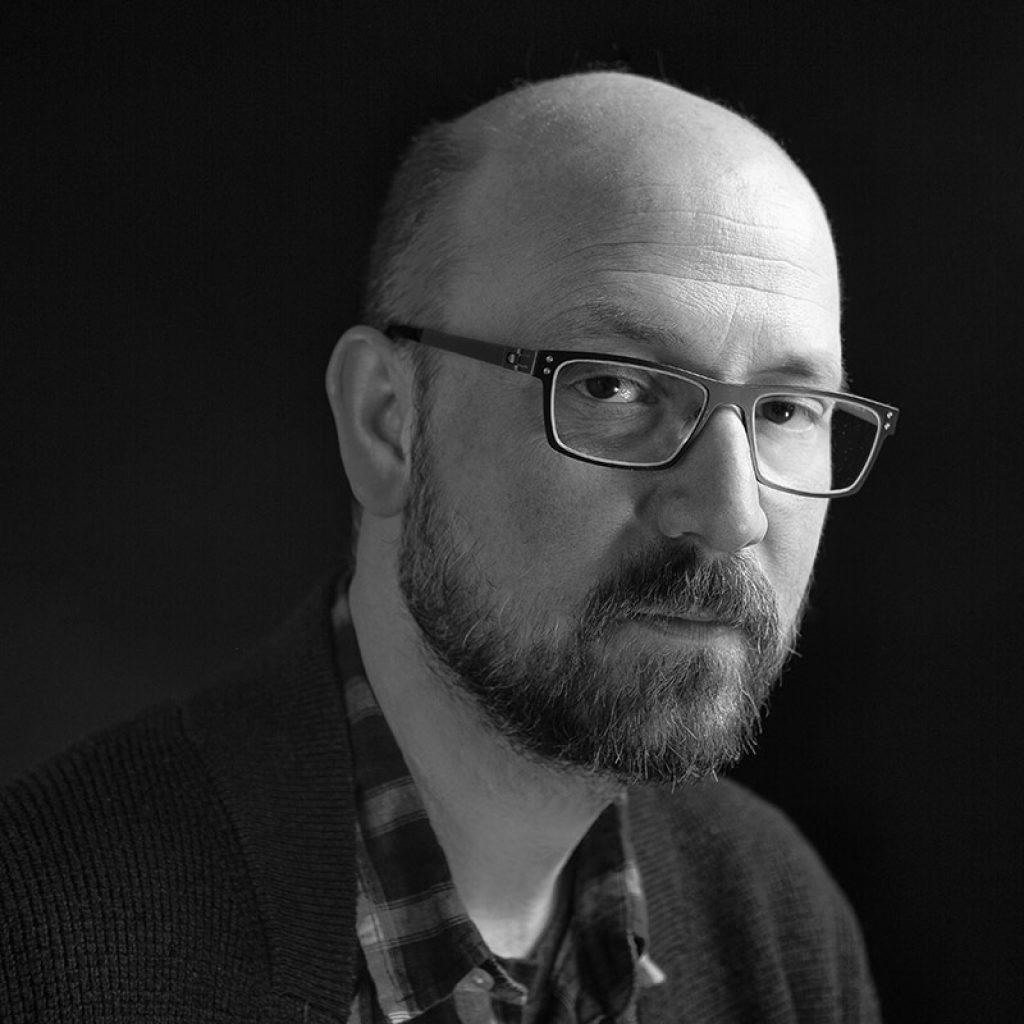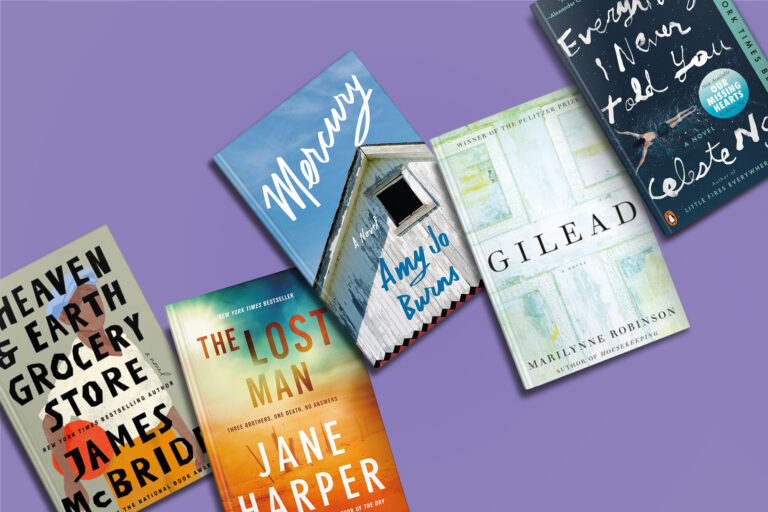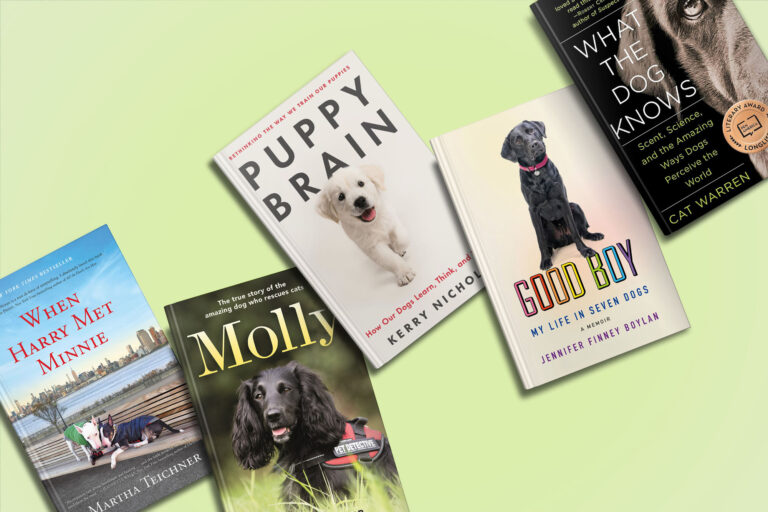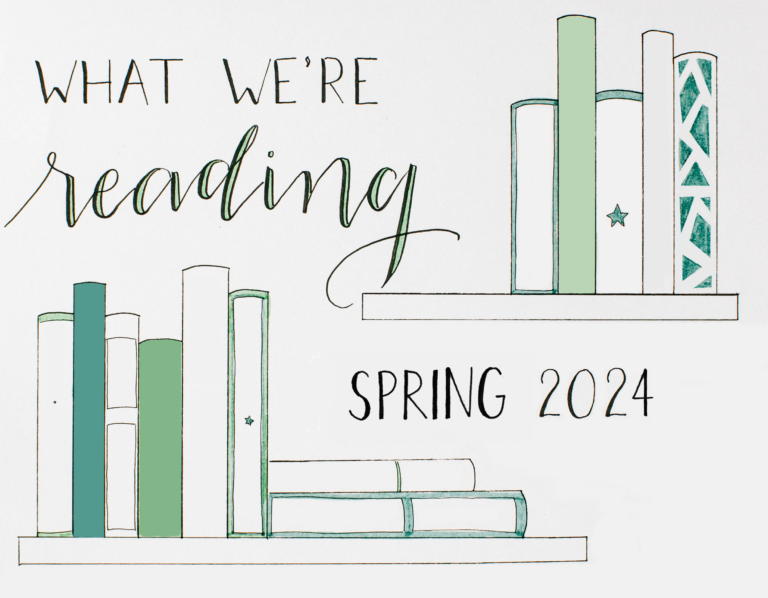Set in the fall of 1957, Chip Cheek’s mesmerizing debut novel Cape May is the story of Henry and Effie, two young newlyweds from Georgia who arrive in Cape May, New Jersey, for their honeymoon only to find the beach town deserted. They’re ready to cut the trip short when a chance encounter with Clara, a beautiful socialite, and Max, her lover, opens the door to an intoxicating world of drama and desire.
Here the author discusses his family, his habit of getting sidetracked by the love stories, and the thrill of finding his true subject.
When did you start writing?
I’ve always been writing. My mother was a voracious reader of romances and horror stories–Stephen King and Dean Koontz and Danielle Steele–and I was always drawn to books in that way. I was always a sit-around-and-daydream kind of kid. It was a short step from reading to wanting to write books for myself. In my files somewhere I have my first “novel” that I wrote when I was eight years old. I know the date because I made up a title page for it.
When did you decide that you wanted to do it for a living?
After college I moved to New York and decided Okay, I’m going to get my crappy day job and I’m going to try to write books. I had this big novel that I’d been working on, this science fiction novel. It was complete shit. As much as I wanted to write fiction, I was very ignorant about the publishing industry and about literature in general. So I picked up a Norton Anthology of American Literature, Volume Two and began reading it cover to cover. Every author that spoke to me, I’d go out and buy the books. It was probably about one or two years of that before I began really writing and taking my first workshops at the New School. Then I went up to Emerson College in Boston for my MFA, and my life was pretty much dedicated to it after that.
Was it at Emerson that you made the switch from science fiction to literary realism?
That switch happened long before. It was in New York when I began to get exposed to writers like Flannery O’Connor. I’m from Georgia, I was born about 30 minutes from the town where lived most of her life and died. When I first read Flannery O’Connor I was like, “I didn’t know you could write like this.” At Emerson is where I really got to know and love Alice Munro. She’s the first writer who, on a purely craft level, on the level of structuring a narrative, blew my mind. That’s when I began to find a style that was more true to my impulses and inclinations.
How did you get the idea for Cape May?
I’ll give you a little bit of backstory. I come from a family of people who’ve worked on the railroad in Georgia going back to the beginning of the 20th century, and I was always interested in that. After my MFA, I began working on a novel steeped in the Jim Crow era in Georgia and drawing on stories from my family’s history. I was dealing with murder and race, all this compelling stuff, but I kept getting sidetracked by the love stories. For reasons that are lost in time now, I decided to marry two of my characters to each other and send them on a honeymoon. I was immediately transported; I wanted to stay in that world forever. But I was supposed to be writing this other novel about the railroad and Jim Crow. So I shelved it.
A couple years later, on probably my third novel attempt, the same exact thing happened again–I married two of my characters, sent them on a honeymoon. This was in the summer of 2014, after I got married. This time, I decided that the “important” novel I’d been working on was not the novel–it was this novel, the one set in Cape May. When I let go of how seriously I was taking myself, I was utterly obsessed. I would stay up all night writing, sleep one or two hours, get up, and keep writing. I finished the first draft in two months.
And that was different than your previous experiences?
Much different. This was it; this was my subject. And it made sense. Love and sexuality, those have been the subjects of the most urgent dramas in my own life. The stuff with my family history and the history of the South–I’m deeply intellectually interested in that, but I wasn’t on a personal level obsessively transported by it.
I was struck by the fact that Clara and Max, the glamorous couple who have such a lasting impact on Henry and Effie’s marriage, are both writers.
I think that’s an element from my own life. There’s a big gulf between who I am now and where I came from and who my family is. And part of that has to do with my relationship with books and literature. So when I imagined Henry and Effie meeting people who are part of the bigger world, who are from another place and another class, it felt natural to me that those people–if they could be anything–would be writers. Because in a way that echoes what I grew through and up into.
Where did you go on your own honeymoon? I assume it wasn't Cape May in the fall.
Yeah, no. We got married here in the L.A. area, and because of our jobs did a mini-moon of just a couple nights in Venice Beach. But a year later we went on our for-real honeymoon in Hawaii. We didn’t meet any people who upended our marriage. It was actually totally awesome.
Set in the fall of 1957, Cape May is the story of Henry and Effie, two young newlyweds from Georgia who arrive in Cape May, New Jersey, for their honeymoon only to find the beach town deserted. They’re ready to cut the trip short when a chance encounter with Clara, a beautiful socialite, and Max, her lover, opens the door to an intoxicating world of drama and desire. Cape May by Chip Cheek will be released April 30, 2019.



